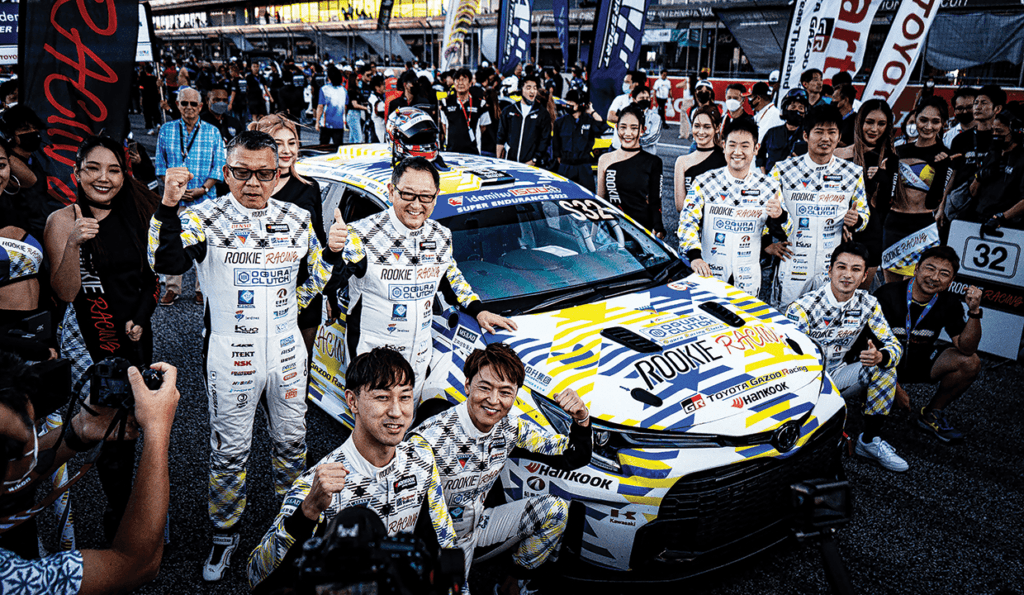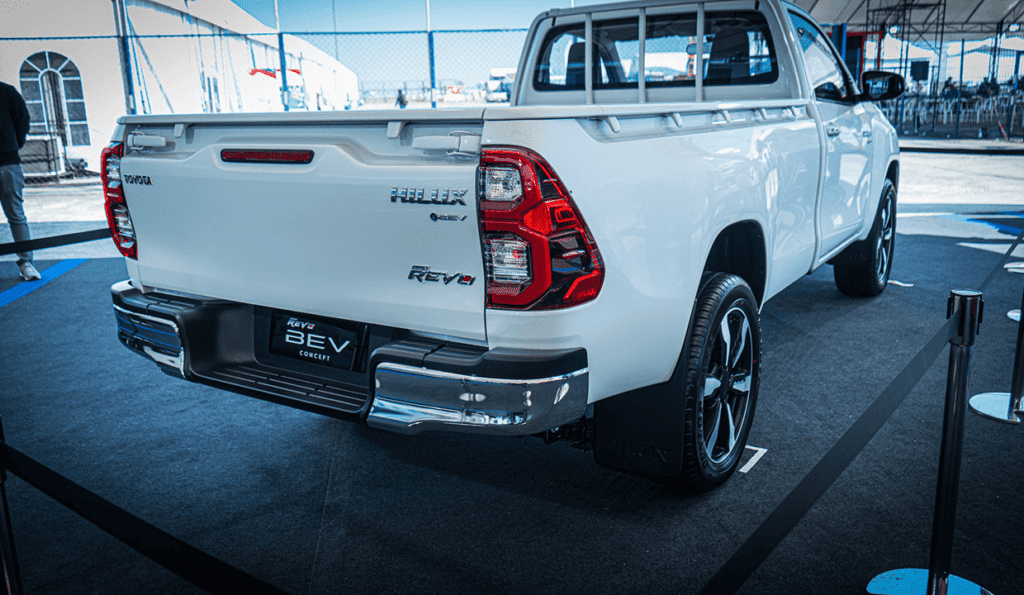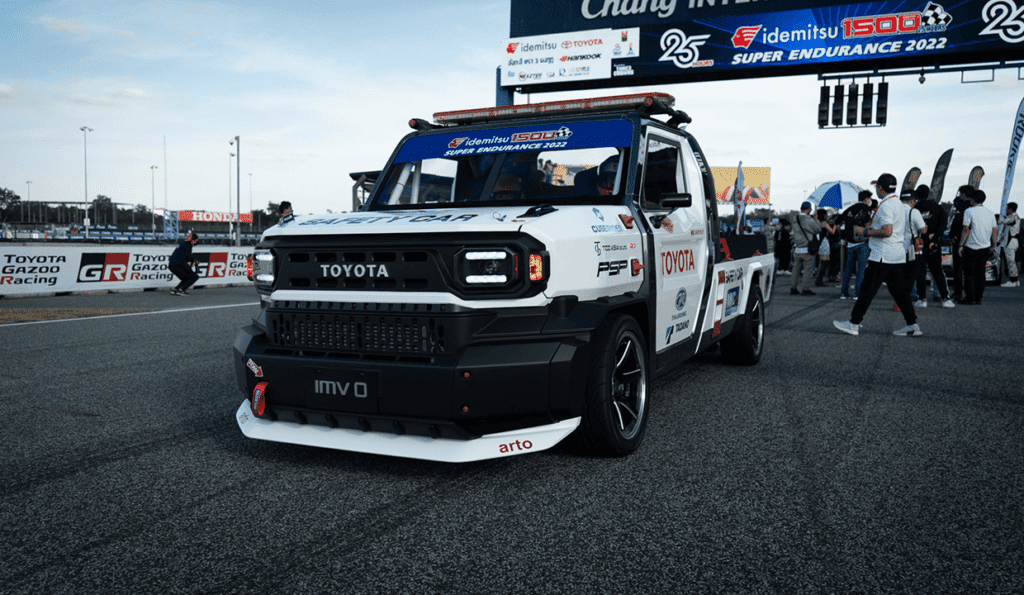BANGKOK, Thailand – Toyota Motor Corporation (TMC) marked the 60th anniversary of Toyota Motor Thailand (TMT), its vehicle manufacturing and distribution subsidiary in this country, with several key announcements.
No less than TMC President Akio Toyoda went to this Southeast Asian country to deliver the message to some 1,500 people who converged in the vast Queen Sirikit National Convention Center. Members of the audience included Thailand’s Deputy Prime Minister and Minister of Energy Supattanapong Punmeechaow, TMT officials and suppliers, a delegation of international media, and key executives of other Toyota distributors and suppliers in the region.
The key message underpinning Toyoda’s speech: That the automaker is upping the ante toward its aspiration to carbon neutrality, or a state of net-zero carbon dioxide emissions.

To realize this here, Toyota has partnered with the Charoen Pokphand Group (or CP Group), the largest private conglomerate in Thailand. Toyoda promised the two firms will work together on “rethinking the way (they) deliver consumer goods through zero-emission technology like fuel cell trucks and by making driving logistics more energy-efficient (through) connected technology.” CP Group has a diverse portfolio of business interests ranging from agriculture to e-commerce. Furthermore, it operates one of the largest networks of convenience stores and supermarkets.

The two giant firms promise to “explore social implementation” through three areas: The production of hydrogen using biogas derived from chicken manure (with a focus on economic zones); the integration of fuel cell-powered delivery trucks using the hydrogen to CP’s fleet, and promotion efficient logistics by optimizing delivery routes through connectivity technology.

Declared Toyoda, “As we work to achieve a sustainable future, I also believe we need to take a holistic approach to carbon neutrality, from how we source materials, to how we manufacture cars, to what powertrains we put in them, and how we dispose of them… We can’t reach carbon neutrality on our own. It must be a group effort and include other industries beyond automotive.”
He continued that the aforementioned push to make logistics operations in Thailand more energy-efficient using connectivity technology is set to pull in other members of the Commercial Japan Partnership Technologies Corporation (CJPT), including Daihatsu, Suzuki, Isuzu, and Hino. “We brought our competitors together to unite and strengthen our efforts to build on this new opportunity for CO2 reduction,” he stressed.

